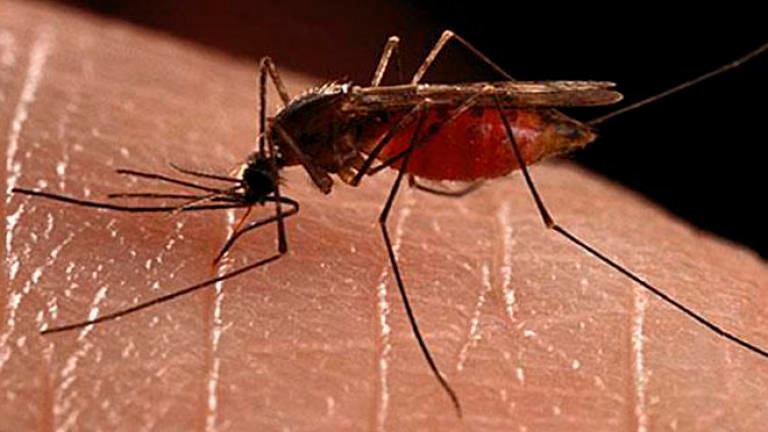PETALING JAYA: The Health Ministry has urged the public to clean their surroundings of anything that can hold stagnant water as dengue cases are rising at an alarming rate.
Its director-general Datuk Dr Muhammad Radzi Abu Hassan said dengue fever cases increased to 2,321 cases from 1,698 in April, with four deaths due to complications.
“There were 50,650 dengue cases recorded up to April, compared with 35,202 cases in the same period last year. Also, 39 people died of dengue-related complications this year, compared with 22 deaths in the same period last year.”
Speaking to theSun, Universiti Putra Malaysia public health medicine specialist Dr Rahmat Dapari said the current outbreak has placed a substantial burden on our healthcare resources.
“In light of National Dengue Day, which is tomorrow, it is crucial to expand efforts to address the alarming rise in dengue cases.”
Rahmat said the ministry has identified urban areas with high population densities as hotspots for dengue outbreaks.
“The situation is worsened by poor living conditions near residences of migrant workers, leading to clogged drainage systems caused by haphazard waste disposal.
“Health inspections confirm migrant workers get infected within their residential quarters. This underscores the need for improved environmental health awareness among them.”
To address the challenges, Rahmat said innovative approaches must be executed, including the ongoing release of the Wolbachia-infected aegypti mosquitoes, which mate with uninfected female ones, resulting in their reduced numbers due to unhatched eggs.
“Mosquitoes carrying the Wolbachia bacteria have shown promising results in reducing the transmission of the dengue virus, prompting plans for wider implementation.”
Rahmat said the ministry is piloting the use of Artificial Intelligence to predict mosquito population growth and potential outbreak hotspots to facilitate preemptive measures.
He said as the country is currently hot and humid, intensified efforts to combat dengue fever are more critical than ever.
“Given the potential for severe health consequences and the socioeconomic impact of dengue outbreaks, safeguarding the well-being of communities and mitigating the spread of the disease is vital.
“The public can help by taking proactive steps, such as joining community clean-up efforts to remove mosquito breeding sites. This helps reduce the spread of dengue fever and protects public health.”
He said hospitals are already facing notable shortages in medical supplies, including vital medications and diagnostic tools. With the surge in dengue cases, they are now overwhelmed, leading to a scarcity of beds.
Rahmat also highlighted the launch of Malaysia’s first dengue vaccine, Qdenga, on Tuesday, which was developed by pharmaceutical company Takeda Malaysia. The vaccine targets all four dengue virus serotypes and is administered in two doses, three months apart, to individuals aged four and above.
Clinical trials showed Qdenga prevents 80.2% of symptomatic dengue after 12 months, with a 4.5-year efficacy. It prevents 84.1% of hospitalisation cases and 61.2% of symptomatic ones.
The vaccine will be available at private hospitals and clinics, with pricing to be set by the healthcare facilities. Rahmat said the launch of the dengue vaccine before National Dengue Day serves as a crucial moment to mobilise public action against dengue fever.
He said community participation is vital in the fight against dengue. Schools, universities and local organisations should be mobilised to conduct activities such as workshops and cleanliness competitions.
“These initiatives could cultivate a sense of collective responsibility and empower communities to adopt preventive measures against dengue fever.”
Rahmat said by emphasising prevention, leveraging innovative strategies and fostering community engagement, Malaysia can curb the rise of dengue cases and safeguard public health.









